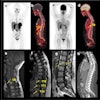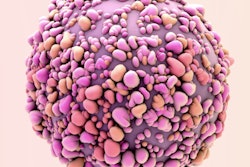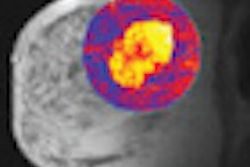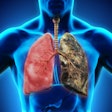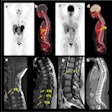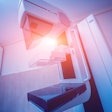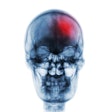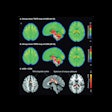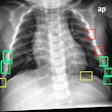Some chemotherapy treatments for breast cancer increase a woman's risk of heart failure, and women receiving these treatments should be actively monitored, according to a study published in the August issue of JACC: Cardiovascular Imaging.
After secondary cancers, cardiovascular disease is the leading cause of death in breast cancer survivors, wrote a team led by Mariana Henry from the Yale School of Public Health. But the rate of chemotherapy-related cardiotoxicity and the rate of cardiac monitoring adherence among breast cancer patients treated with chemotherapy are unclear.
Henry's group included 16,456 patients treated with chemotherapy within six months of a breast cancer diagnosis. Of those, 4,325 patients received trastuzumab-based chemotherapy, a common protocol for patients with breast cancer that is positive for human epidermal growth factor receptor 2 (HER2). However, the treatment is also associated with cardiotoxicity, the researchers noted (JACC Cardiovasc Imaging, Vol. 11:8, pp. 1084-1093).
Of the trastuzumab-treated patients, 8.3% developed heart failure, compared with 2.7% of patients who did not receive trastuzumab therapy. Only 46.2% of patients treated with trastuzumab received cardiac monitoring, according to Henry and colleagues.
The low rate of cardiac monitoring could be due to physician belief that monitoring isn't necessary, rather than an unawareness of monitoring guidelines, the researchers concluded.
"While cardiac monitoring is recommended in different guidelines ... the timing recommended and the intervals of testing are rather arbitrary," Henry said in a statement released by Yale. "In examining the rate of both cardiac monitoring and cardiotoxicity we could begin to address the controversial issue of whether cardiac monitoring is warranted in young breast cancer patients."

